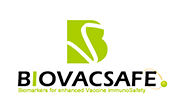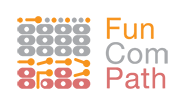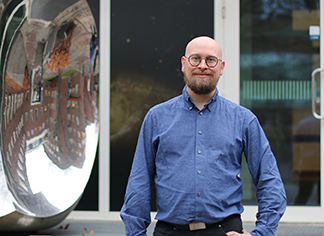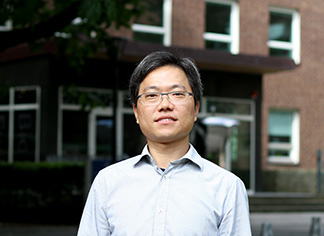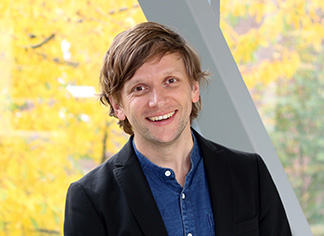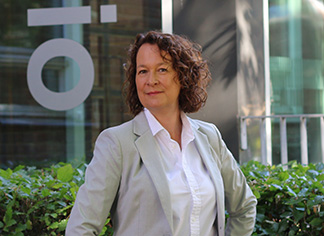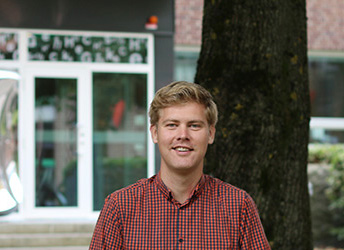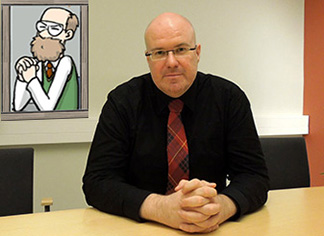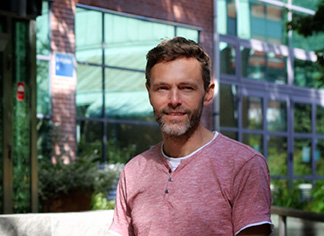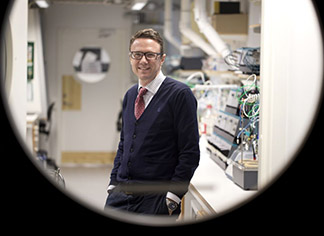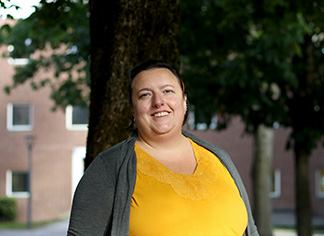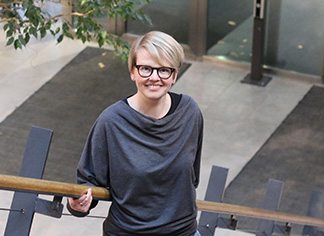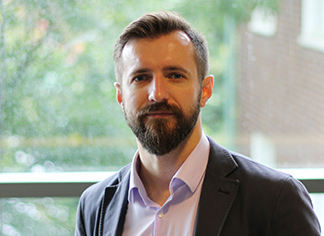This is a list of international projects that SysBio has been or is part of.
Ongoing projects
PI: Jens Nielsen
The goal of BioVacSafe is to develop cutting edge tools to speed up and improve the testing and monitoring of vaccine safety, both before and after release to the market. By bringing together for the first time three of Europe’s leading vaccine development and manufacture companies as well as top experts from academic institutions and small and medium-sized enterprises (SMEs), the project will ultimately accelerate the development and introduction of a new generation of safer, more effective vaccines. By sharing their expertise, the BioVacSafe partners have a unique opportunity to make progress in this important area.
PI: Jens Nielsen
The project, called DD-DeCaF (Bioinformatics Services for Data-Driven Design of Cell Factories and Communities) brings together leading academic partners from five European universities with five innovative European companies to address the challenge of building a comprehensive design tool. The academic partners will develop cutting edge methods for using large scale data to design cell factories and communities for biotechnological applications. Three innovative Small/Medium Enterprise partners will convert these advanced methods to software tools that can be used by non-experts and to build intuitive visualizations of biological networks. These tools will be tested and applied to real world cell factory development projects by end-user partners.
PI: Jens Nielsen
Candida albicans is a member of the normal microbial flora of humans, but also the most common cause of life-threatening fungal infections. A major risk factor for these infections is the use of antibiotics and thus the removal of protective bacteria. The FunComPath (Fungal Commensal-to-Pathogenicity) partners will investigate the shift of C. albicans from harmless colonization to pathogenicity and the protective role of probiotic bacteria and yeasts.
PI: Jens Nielsen
Integrative Modelling of Metabolism and Signaling towards an Application in Liver Cancer
PI: Jens Nielsen
The goal of MetaCardis is to investigate the impact of qualitative and quantitative changes in gut microbiota on the pathogenesis of cardiometabolic diseases and their associated co-morbidities.
PI: Jens Nielsen and Verena Siewers
PAcMEN is a European training network, which offers excellent training in biotech research and innovation for 16 talented young scientists. PhD students will carry out cutting-edge research in metabolic engineering, modeling, systems and synthetic biology. In collaboration with industrial partners, they will create novel solutions for sustainable production of fuels and chemicals. The graduates will be prepared through research, business, and entrepreneurship training to launch their careers in industry or academia.
PI: Jens Nielsen
Microbial communities are ubiquitously found in nature, from soil to the human gut, and have direct implications for the environment, human health and biotechnology. Our understanding of the structure and function of these communities, however, has remained poor due to the lack of tools for discovering inter-species interactions. To address this gap, the SysMilk project will develop new experimental and computational technologies for microbial community analysis. The new technologies will be developed and tested by using kefir, a natural fermented milk drink, as a model system.
Finished projects

PI: Jens Nielsen
The QuantFung project is a Marie Curie Initial Training Network (ITN). Leading European academic and industrial groups active in the field of filamentous fungal research and development will train 11 early stage researchers (ESRs) and 4 experienced researchers (ERs) in the field of fungal systems and synthetic biology. The ITN is a four year project that started in October 2013.

PI: Verena Siewers
The YEASTCELL ITN trained 11 Early Stage Researchers (ESRs) in the field of Yeast Biotechnology, within a consortium of 9 Public Sector (6 Universities, 3 Research Institutes) and 4 Private Sector (2 large companies and 2 SME) partners. The research resulting from YEASTCELL is at the fundamental/application interface.
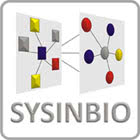
PI: Jens Nielsen
Metabolic engineering is an applied science focusing on developing new cell factories or improving existing ones. Metabolic engineering is an enabling science, and distinguishes itself from applied genetic engineering by the use of advanced analytical tools for identification of appropriate targets for genetic modifications and the use of mathematical models to perform in silico design of optimized cell factories. In recent years, there has been increasing focus on using mathematical models for design. SYSIBIO will coordinate European activities in the field of model driven metabolic engineering and also coordination of activities on other technologies required for state of the art metabolic engineering, e.g. metabolomics and fluxomics. The coordination of activities will involve establishing a database containing metabolic models for different industrially important microorganisms. The database will also contain different simulation tools required for use of these models to identify metabolic engineering targets and use of these models for analysis of omics data. SYSINBIO will also coordinate the further development of techniques required for metabolic engineering, such as metabolomics, fluxomics and identification of mutations in evolved strains.
 FUTURESYSBIO
FUTURESYSBIO
PI: Jens Nielsen
 UNICELLSYS
UNICELLSYS
PI: Jens Nielsen
 NordSysBio NORDFORSK
NordSysBio NORDFORSK
PI: Jens Nielsen
 NORDFORSK
NORDFORSK
PI: Jens Nielsen

Metabolism in response to malnutrition
PI: Jens Nielsen
This project will determine if there are growth (fetal, infant, childhood or adolescent) periods of maximal plasticity, when linear growth is most sensitive to macro-/micro-nutrient deficiency, enteric dysfunction and/or diarrhea, and whether/when length-for-age could be used as a surrogate for macro-/micro-nutrient deficiency or dietary inadequacy.
Optimizing Oil Production in Oleaginous Yeast by Cell-Wide Measurements and Genome-Based Models
PI: Eduard Kerkhoven and Jens Nielsen
This project will determine if there are growth (fetal, infant, childhood or adolescent) periods of maximal plasticity, when linear growth is most sensitive to macro-/micro-nutrient deficiency, enteric dysfunction and/or diarrhea, and whether/when length-for-age could be used as a surrogate for macro-/micro-nutrient deficiency or dietary inadequacy.


